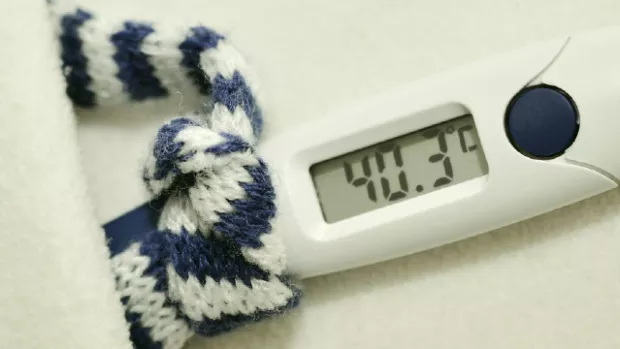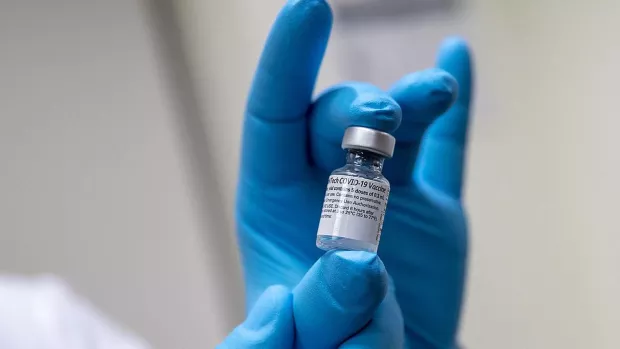
5 things a neuroimmunologist wants you to know about COVID-19 vaccines and MS DMTs
The original trials of the COVID-19 vaccines didn’t include many people with MS. So they couldn’t tell us how well the vaccines work for people taking different disease-modifying therapies (DMTs).
But gradually, new studies are helping us build up a better picture. And it seems that certain DMTs affect the way your immune system responds to the vaccines.
DMTs work by targeting your immune system. Some reduce the immune cells circulating in your blood more intensely or for longer than others. If you don’t have enough of certain immune cells (especially b cells), you may get a reduced antibody response.
Professor David Baker is a neuroimmunologist from Queen Mary University of London. He’s been keeping track of new results from researchers around the world.
1. New data is coming through virtually every day
“I’ve noticed in the past week, new data is coming through virtually every day. Most is from studies that haven’t been through the normal peer review process - called preprints.
But we’re seeing with COVID-19 research that results are usually replicated – or refuted - very fast, because so many people are working on the same thing. So even though they’re small studies, when you have lots of them saying the same thing, they usually reflect what you see later in larger studies.
For example, my colleagues Drs Ruth Dobson and Emma Tallantyre, just published a preprint with 473 people with MS in the UK. And the results largely support smaller studies from Israel and France, as well as others from Switzerland, the US and Italy.”
2. Ocrelizumab and fingolimod can affect your antibody response
“When our immune systems encounter a virus like the coronavirus, they produce antibodies to fight that specific virus. And it’s becoming quite clear to me what’s happening with antibodies.
With most MS treatments, people have a similar antibody response to people not taking a DMT. The problem ones are fingolimod and ocrelizumab. Other DMTs that work in the same way as these two may also be affected.
In Ruth and Emma’s study, people taking fingolimod and ocrelizumab were less likely to produce antibodies than people not taking any DMT. If they did produce antibodies, the levels were lower. This was true for both vaccines studied (AstraZeneca and Pfizer-Biontech)."
3. Even without antibodies, your immune system may still respond to the vaccine
“Antibodies aren’t the only cells that help your immune system fight a virus. We need to know about the response of other cells, like t cells.
Last month, a preprint from the US showed all the people in their study taking ocrelizumab (and other DMTs from the same family) produced a robust t cell response. We’ve also been collecting t cell data in the UK, but haven’t finished analysing it yet.
We don’t know about the t cell response on fingolimod yet, mainly because fewer people take this type of drug.”
4. We don’t yet know what this means for protection from COVID-19
“Antibody and t cell responses give us an idea of how your body is responding to the vaccine. But we still don’t know how what level of response you need to have effective protection from COVID-19 infection.
A few weeks ago, Public Health England said two doses of the vaccine were 74% effective in preventing symptomatic infection in a group of immunocompromised people. But we don’t know how many of those people had MS or which DMTs they were taking.
So unfortunately, we have to wait for data on whether the vaccines stop people taking these DMTs being infected with COVID-19 or getting severe symptoms.”
5. The time between DMT and vaccine seems to make a difference
“All DMTs dampen down the immune system. But the length of time it takes for those immune cells to come back differs.
With ocrelizumab, we’re seeing some evidence that there are more antibodies if there’s a longer gap between the infusion and the COVID-19 vaccine. That’s because the b cells have started to return, helping to produce the antibodies.
With other highly intensive DMTs like alemtuzumab or cladribine, it doesn’t take as long for the immune system to bounce back. And then people can make a normal antibody response.”




